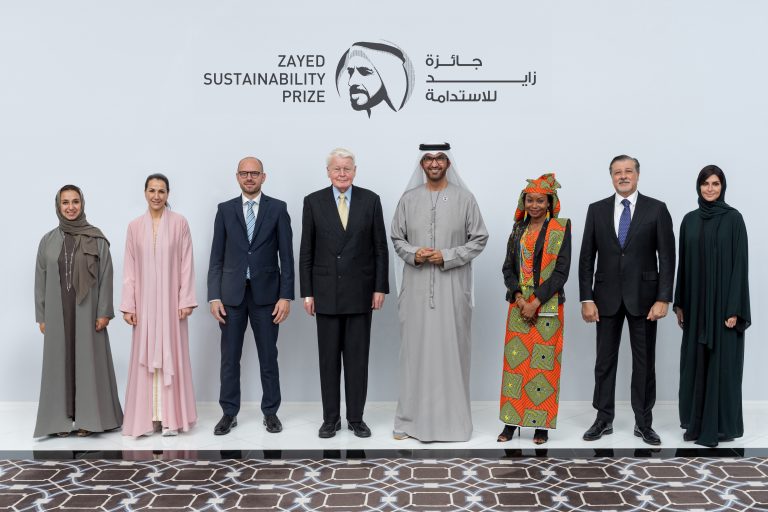São Paulo – Institutions in countries including Belgium, Chad, Nigeria, Canada, Egypt, and Morocco are among the finalists for this year’s edition of the Zayed Sustainability Prize. Organizers said this Wednesday (9) that the jury has selected 33 finalists in 6 different categories out of a total of 5,980 entries. The Zayed Prize is awarded to innovation-oriented initiatives seeking to address global challenges.
According to the prize’s organizers, the entries received this year reflect the megatrends that are shaping the future, such as the rise of the Global South, of artificial intelligence, and the energy transition. “These changemakers are tackling urgent environmental challenges head-on, while simultaneously advancing economic progress through innovative solutions,” said the prize’s director-general Sultan Ahmed Al Jaber. Al Jaber is also UAE minister of Industry and Advanced Technology, and in 2023, he chaired the United Nations Climate Change Conference (COP28) in Dubai, UAE.
Since the prize’s inception in 2008, over 11 million people have gained access to safe drinking water, 54 million gained access to energy, and 700,000 have gained access to healthcare as a result of Zayed Prize-winning initiatives.
Sustainability-driven projects
The Zayed Sustainability Prize is awarded in recognition of the work of institutions such as small and medium businesses and non-governmental organizations in six different categories: Health, Food, Energy, Water, Climate Action, and Global High Schools, for student-led projects.
Health category finalists are businesses from India, Egypt, and Chad. Finalists in the Food category include NGOs and businesses from South Africa, Nigeria, and China. Nigeria also has a finalist in the Energy category, alongside companies from Bangladesh and Canada. Organizations from Turkey, Australia, and Morocco are in the finals in the Water category, and solutions developed in the UAE, the United States, and Tanzania are competing for the prize in Climate Action.
Schools from six different regions are competing for the prize. In the Americas, schools from Mexico, Colombia, and Canada are in the finals; From Sub-Saharan Africa, there are projects by students in Kenya, Ghana, and Uganda. From the Middle East and North Africa, there are projects from Algeria, the UAE, and Egypt. From Europe and Central Asia, finalists include schools from Azerbaijan, Turkey, and Uzbekistan as well as ones from the Maldives, Pakistan, and Nepal, in South Asia, and from China, Fiji, and New Zealand, in East Asia and the Pacific.
Prize winners will be announced at a ceremony on January 14 in the UAE’s capital during the Abu Dhabi Sustainability Week. Each winner gets USD 1 million, except in Global High Schools, where each winning school gets USD 150,000. In the 2023 edition, a Brazilian NGO won in the Health category: Associação Expedicionários da Saúde, out of Campinas, São Paulo, provides medical care to indigenous communities.




